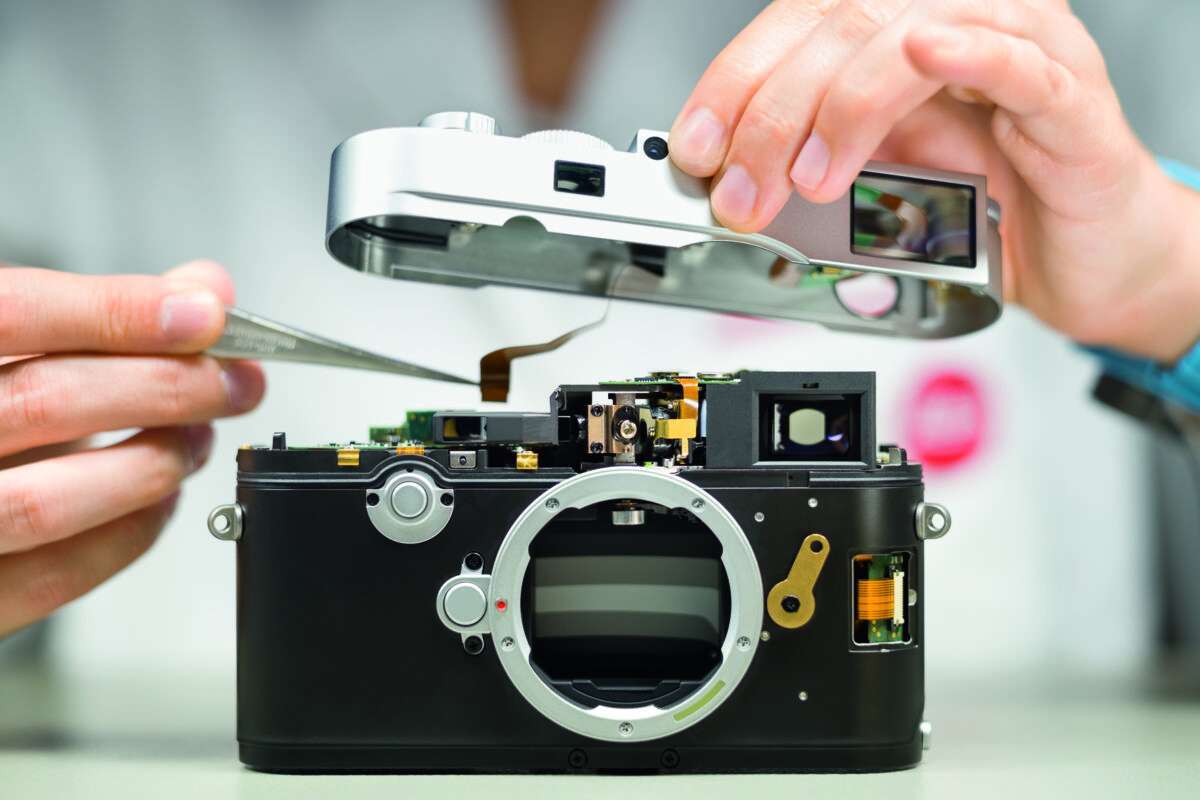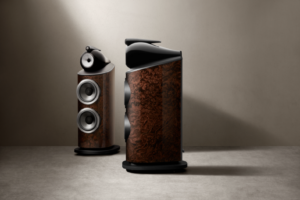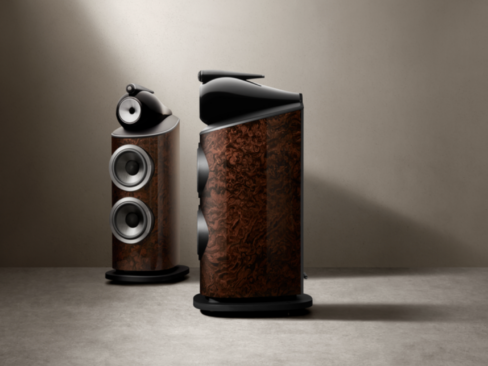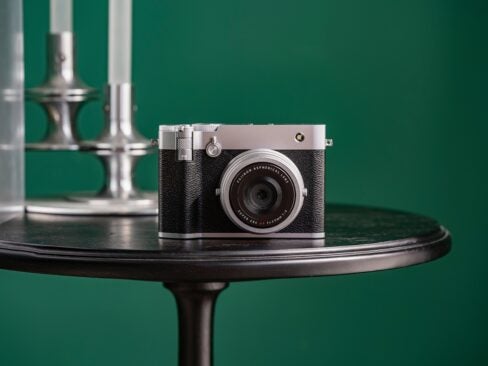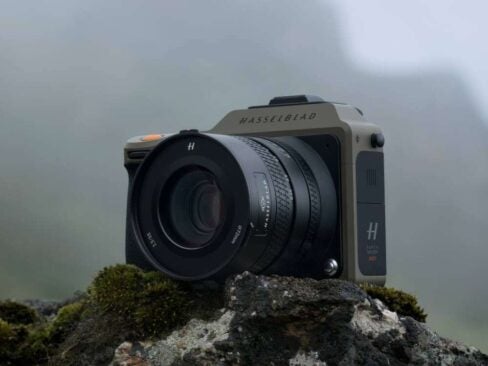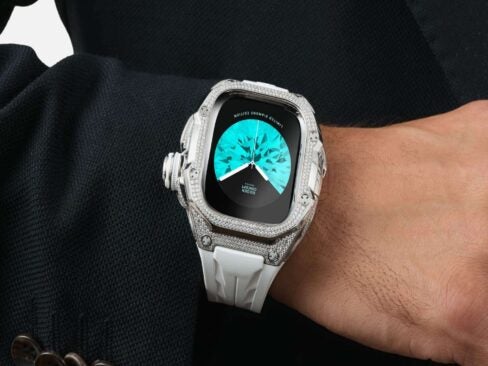For more than 100 years, German camera brand Leica has crafted the world’s most precise, innovative and durable (not to mention, expensive) cameras for all of life’s adventures. Roberta Naas discovers how each model justifies its high price.
Since its founding in Wetzlar, Germany in 1869 by Ernst Leitz, Leica has reimagined the camera and propelled the concept of photography to new heights for both professionals and aficionados alike. The brand revolutionized the realm of handheld 35mm cameras, invented the idea of autofocus, and has grown to become the most iconic camera brand on the globe.
Laying claim to a cult-like following, where Leica owners are automatically drawn to talk to one another about their experiences, the Leica brand is, and always has been, founded on the principles of unsurpassed quality, craftsmanship, ease of use and excellence.
Each camera is predominantly handcrafted by camera makers who have passed on their know-how from generation to generation — much like in the watchmaking world. In fact, before founding Leica (originally named Leitz, and not changed to Leica until 1986), Leitz trained as a watchmaker, and some of the same principles of fine watchmaking can be found in the making of Leica cameras.
[See also: Leica Debuts Highly Anticipated L1 and L2 Timepieces]
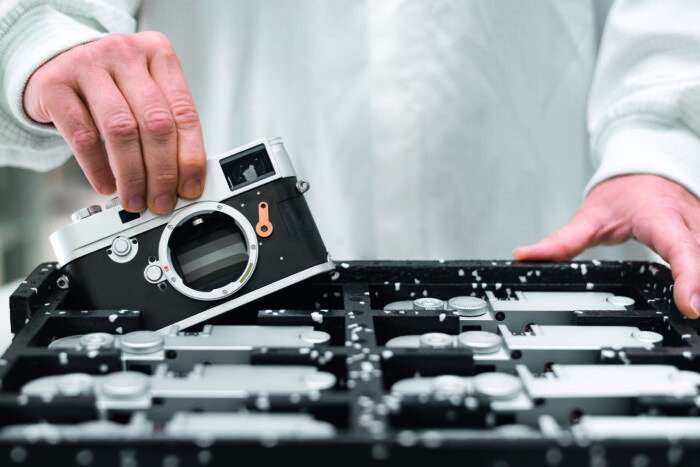
The Leica M10-R camera with digital sensor is one of the most highly coveted Leica cameras on the market / ©Leica
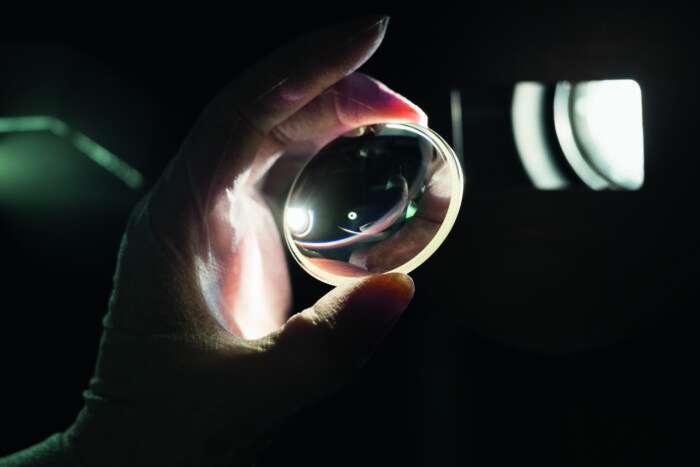
The Leica APO-Summicron-M 35mm f/2 ASPH lens is the preferred lens for the M10 by photographers / ©Leica
It was in 1954 that Leica invented the famed M3 camera system that incorporated the pioneering notion of having a rangefinder spot in the viewfinder so photographers could focus without moving their eyes around the composition. Harmoniously balanced with perfect proportions and unparalleled workmanship, this new camera was named ‘M’ for the German word Messucher, translated as Rangefinder.
To this day, that camera is the basis for all of the brand’s M cameras. In fact, while the nearly 70-year-old M3 has evolved over time — with today’s most coveted M system camera being the M10 — all of the lens dimensions remain the same so that new lenses still fit old cameras and vice versa. Of course, the inner workings are completely new, sophisticated and visionary, but the design remains the same. This may make Leica the most sustainable camera brand on Earth.
Leica is not about selling hundreds of thousands of cameras; it is about the use of the camera and the final, resulting image. To remain exclusive, Leica cameras are made in very limited numbers, with just a few thousand of each model built annually.
Every Leica camera goes through at least 17 individual steps before being hand-assembled. Those steps run the gamut from calibrating the sensors to adapting the mechanical shutter and aligning the complex mechanical rangefinder (made of 100 individual parts alone) so it is accurate to a single micrometer. No fewer than a thousand parts comprise a Leica camera both inside and out, and the brand uses only the finest materials, from the inner components to the outer metals and even superb hand-affixed leather. Additionally, at every step of the way, quality control is paramount.
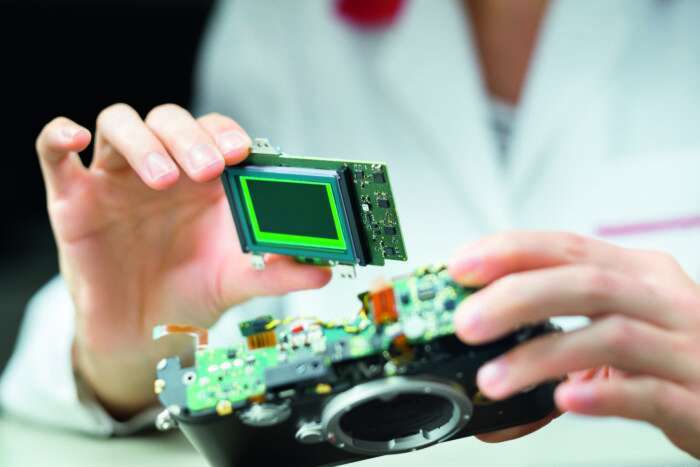
Examining the camera sensor and electronics / ©Leica
It is not enough, though, that the cameras are perfectly hand-built. Leica insists its lenses also be both cutting edge and the most superior on the market. This requires the finest glass, advanced cutting and heating processes, inventive concepts about coatings and the transference of light, and more.
Many of the steps involved in making a lens are performed in rooms that are airtight so no pesky dust particles can wreak havoc, and there is even a special department where professionals hand-lacquer the coatings on the edges of each and every lens. In another department, specialists hand-check the smoothness of the manual focus of each lens to ensure it offers the proper feel. If it isn’t correct, it is dismantled and returned to production. There is no machine that can accomplish this tedious but all-important task: It is all about human sensitivity and pride in craftsmanship.
Today, Leica’s incredibly avid followers have helped to build the brand to the point where its world includes eponymous awards, magazines, galleries, global boutiques, and even a Leica photography academy. Much like walking the hallowed halls of the finest watch brands, walking the halls of Leica is an enlightening journey through the company’s commitment to quality, hand artisanship, exclusivity and a perfect end product that keeps customers coming back — even when that camera and lens carry a five-figure price tag.
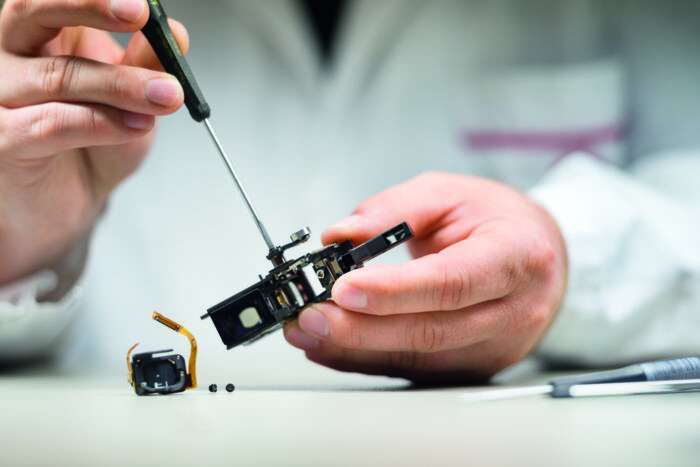
Assembly of rangefinder components / ©Leica
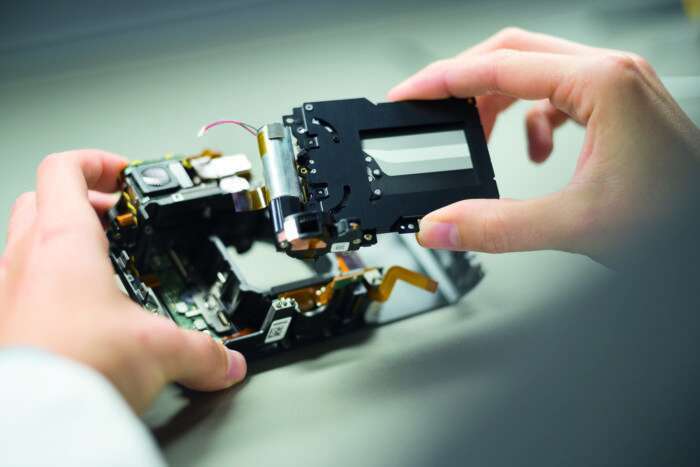
Inspection of the camera shutter / ©Leica
Leica M10-R camera from $8,995. Leica APO-Summicron-M 35mm f/2 ASPH lens from $8,195, leica-camera.com
[See also: The Most Innovative Tech of the 21st Century]





